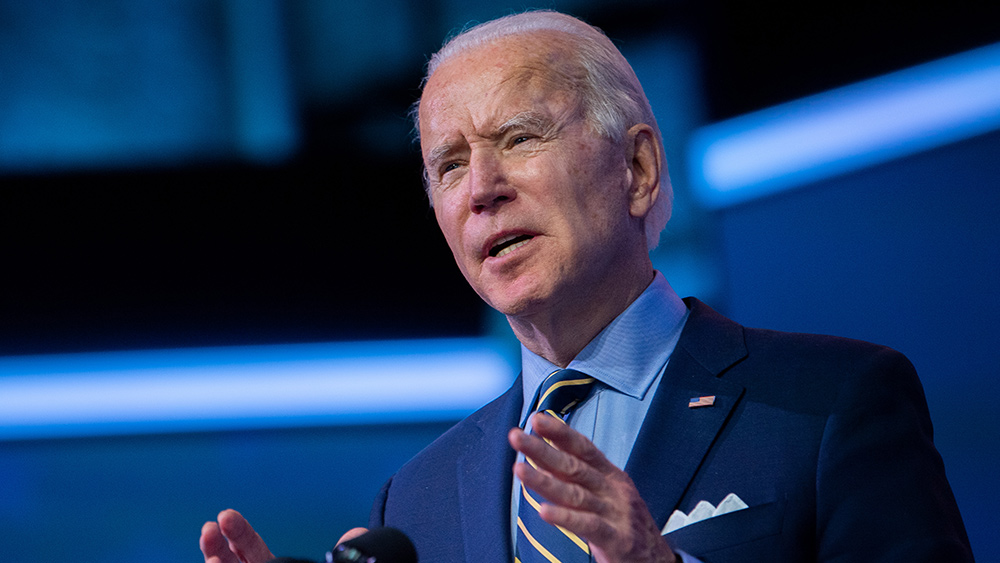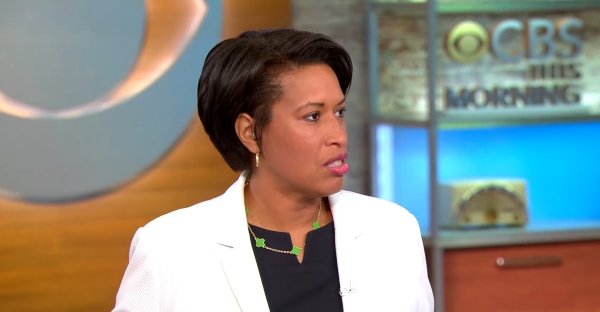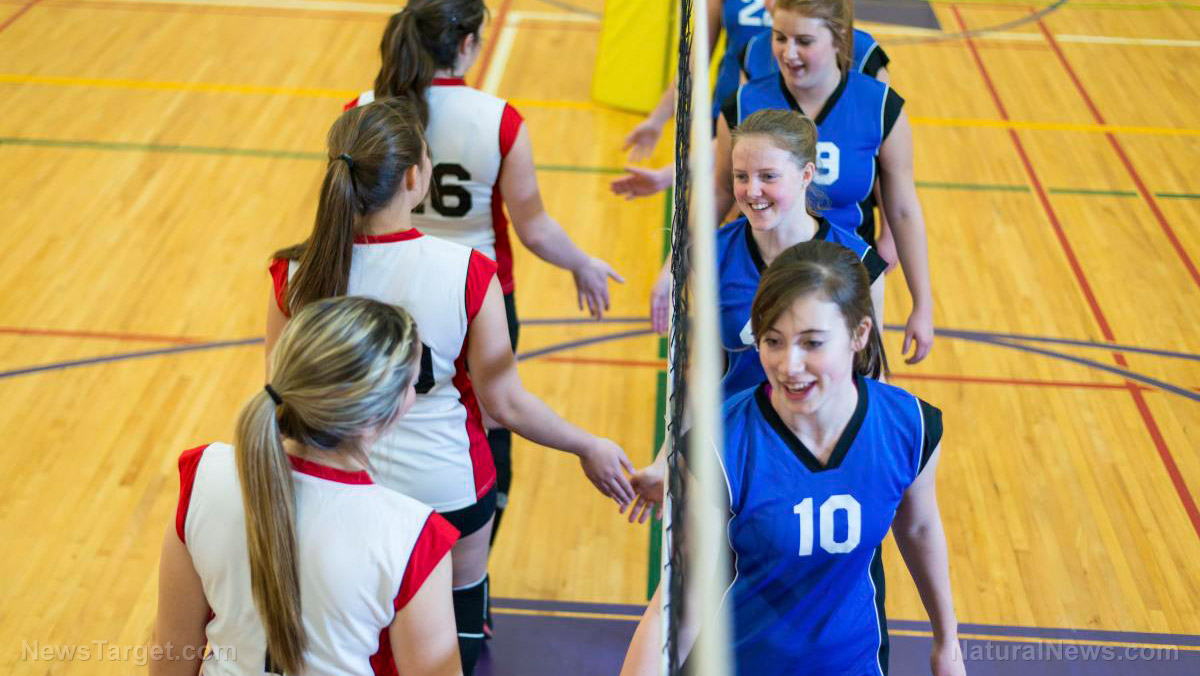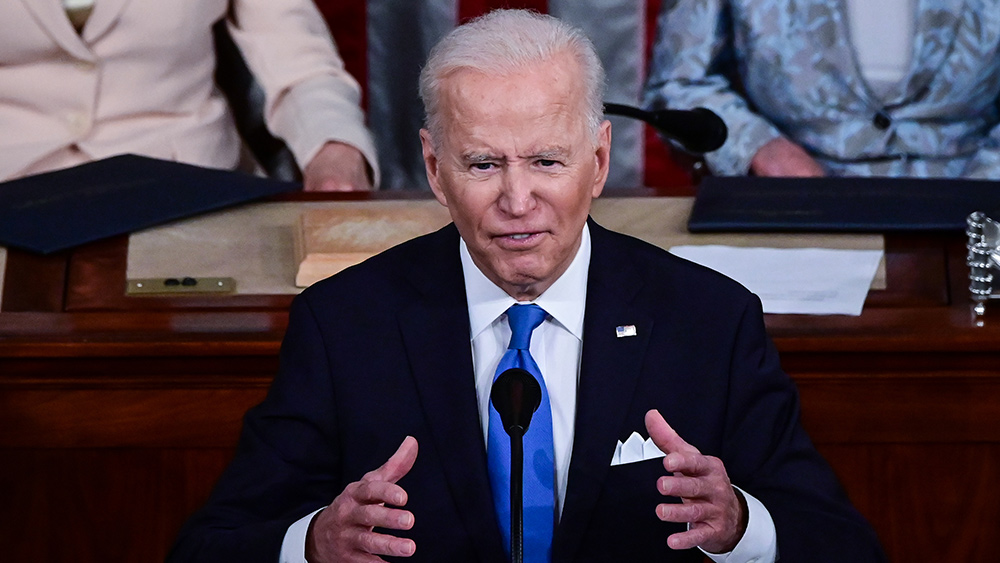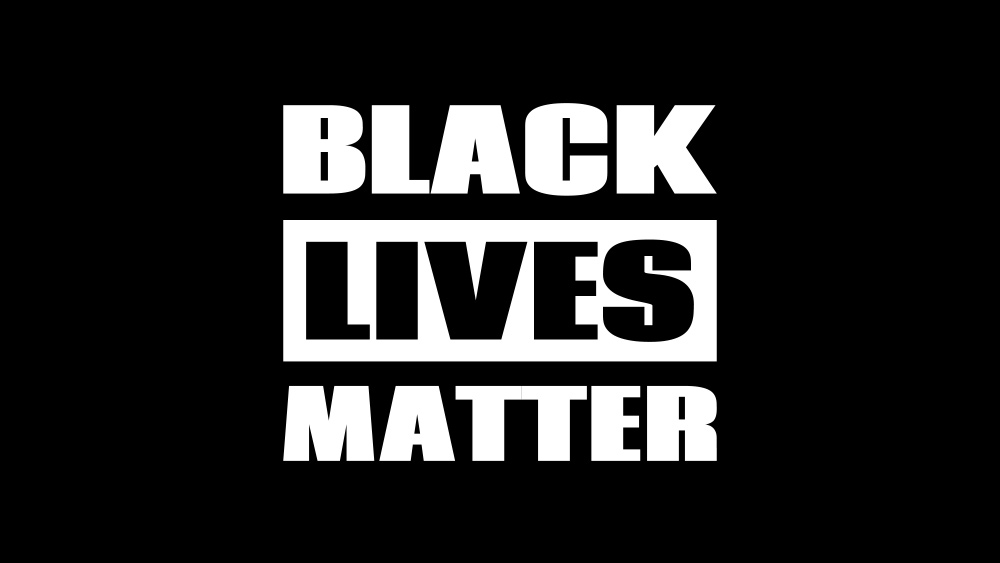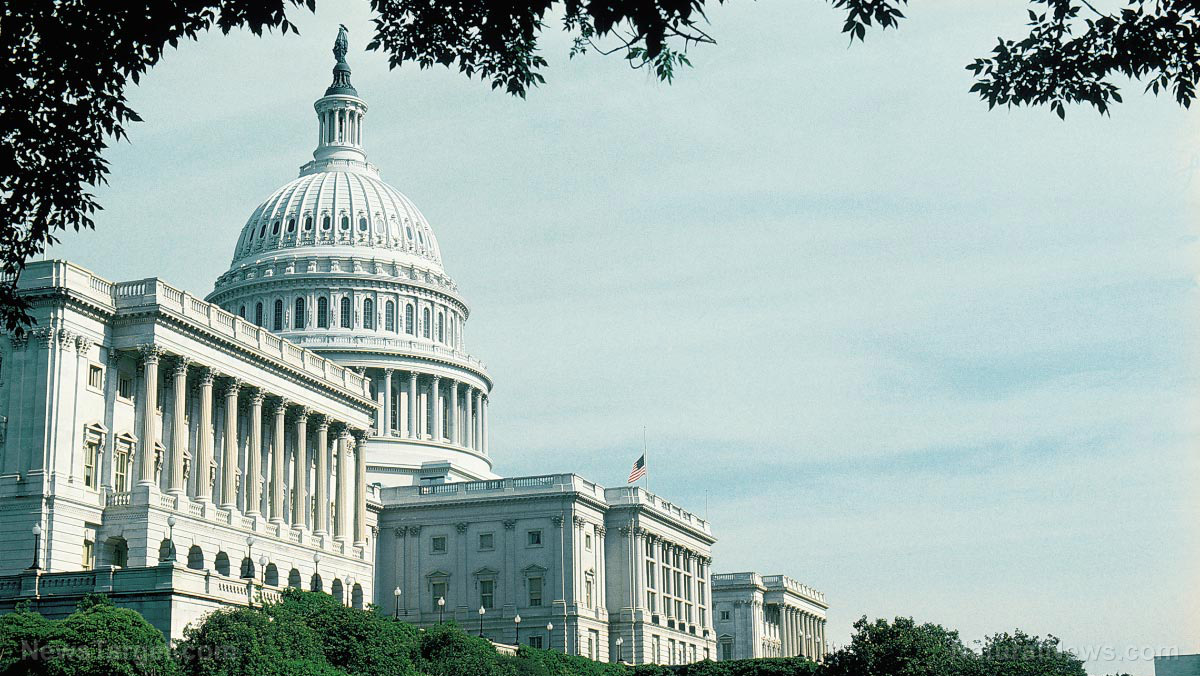Scales no longer allowed at university’s gym because they “trigger” students
03/20/2017 / By Jayson Veley
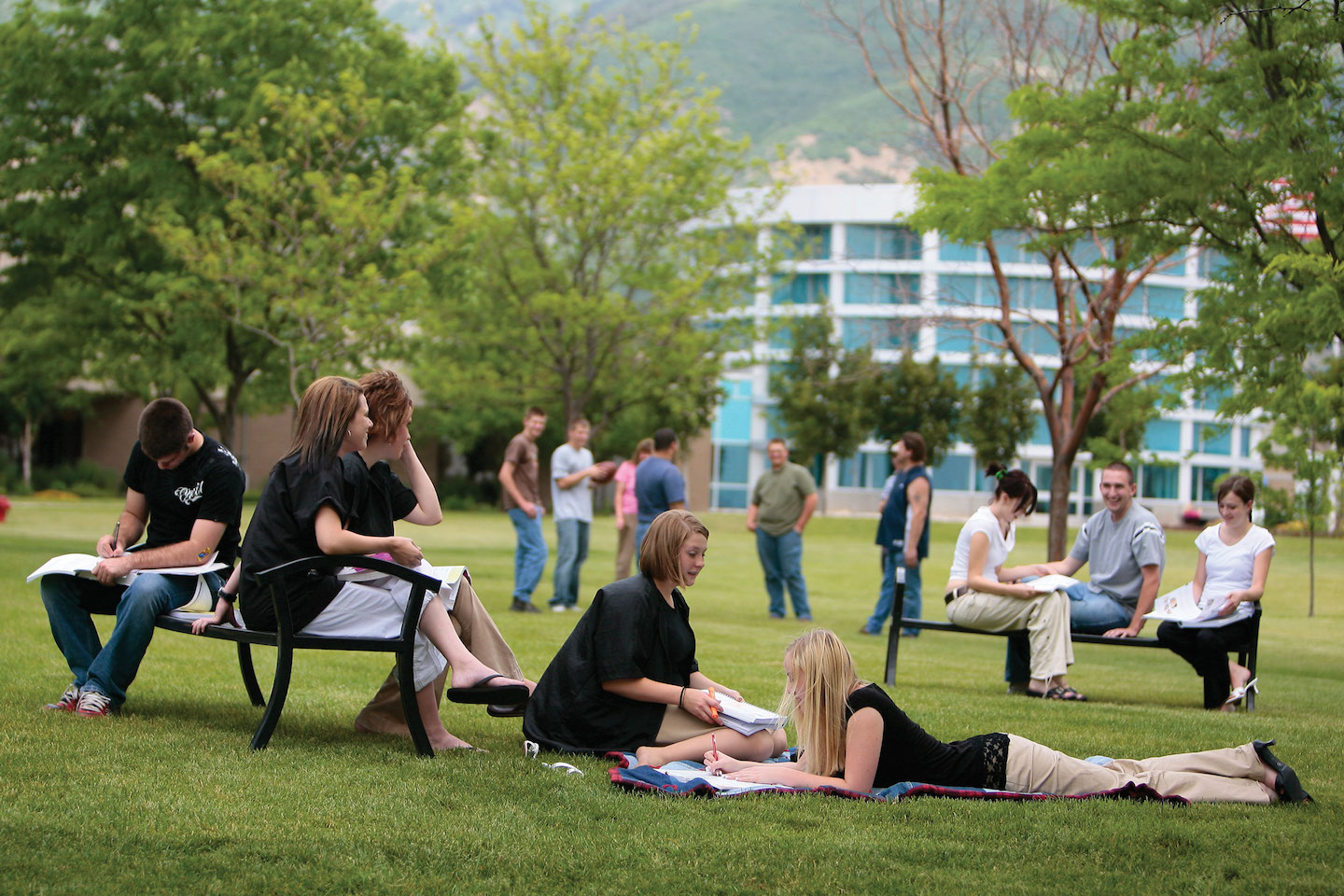
Carleton University in Canada has recently removed the scale from the school gym because some students had complained that its presence “triggered” them. In other words, these students somehow felt intimidated or uncomfortable with a scale in the vicinity, and so they demanded that it be taken away. In its place, the university hung a sign explaining how the scale had been removed “in keeping with current fitness and social trends.”
Bruce Marshall, the school’s manager of health and wellness programs, explained to the school newspaper that focusing solely on weight would have a negative impact on students, even though there is no proof of this whatsoever. “We don’t believe being fixated on weight has any positive effect on your health and well-being,” Marshall told the Charlatan. “The body is an amazing machine and even when we are dieting and training it will often find a homeostasis at a certain weight.”
Marshall’s statement is very misleading however, because it implies that just because a scale is in the gym, students are solely fixated on weight alone. Furthermore, given the fact that obesity is a significant problem in the United States, being “fixated” on maintaining a healthy weight should be seen as a good thing, not bad.
It goes without saying that the scale is also crucially important to student athletes who need to maintain a certain weight in order to perform to the best of their abilities.
Still, many students openly spoke out in favor of the scale’s removal. Samar El-Faki wrote in the Charlatan, “Scales are very triggering. I think people are being insensitive because they don’t understand. They think eating disorders are a choice when they are actually a serious illness.”
It is unclear how exactly having a scale in the university gym makes people insensitive towards others with eating disorders, but evidently, according to El-Faki, it does.
However, not all students were so eager to celebrate the school’s decision to remove the scale. “Next it will be mirrors,” wrote a different student on Facebook.
In a separate discussion with CBC, Marshall explained that the university might bring the scale back after all as a result of all the backlash. “We shouldn’t remove something because some people abuse it,” he said. Marko Miljusevic, a second year student at Carleton University, argued, “We shouldn’t remove something just because some people abuse it. If they can’t handle the number that shows up on the scale then don’t step on it.”
This is just the latest example of school administrators pandering to students, going to extremes to make sure that no one is upset or offended in any way. At the University of Arizona, professors are encouraged to use the “Oops/ouch method” to give students a chance to speak out when they become offended by a statement or comment. According to the dialogue guide, which was published by the Office for Diversity and Inclusive Excellence and distributed to instructors, “If a student feels hurt or offended by another student’s comment, the hurt student can say ‘ouch.’ In acknowledgement, the student who made the hurtful comment says ‘oops.’ If necessary, there can be further dialogue about this exchange.”
The truth is, colleges and universities are actually making students less prepared for the future, not more. They are teaching young people that in the real world, after graduation, they will be able to run to their safe spaces and be free from trigger warnings and offensive language. This, of course, is not reality. The fact of the matter is that whether they like it or not, there will be times when they feel uncomfortable or become offended. And when those times come, they need to know how to deal with it in a calm, mature manner.
Sources:
Submit a correction >>
Tagged Under:
campus, Carleton University, Snowflakes, trigger warnings
This article may contain statements that reflect the opinion of the author
RECENT NEWS & ARTICLES
COPYRIGHT © 2017 CRYBULLIES NEWS





